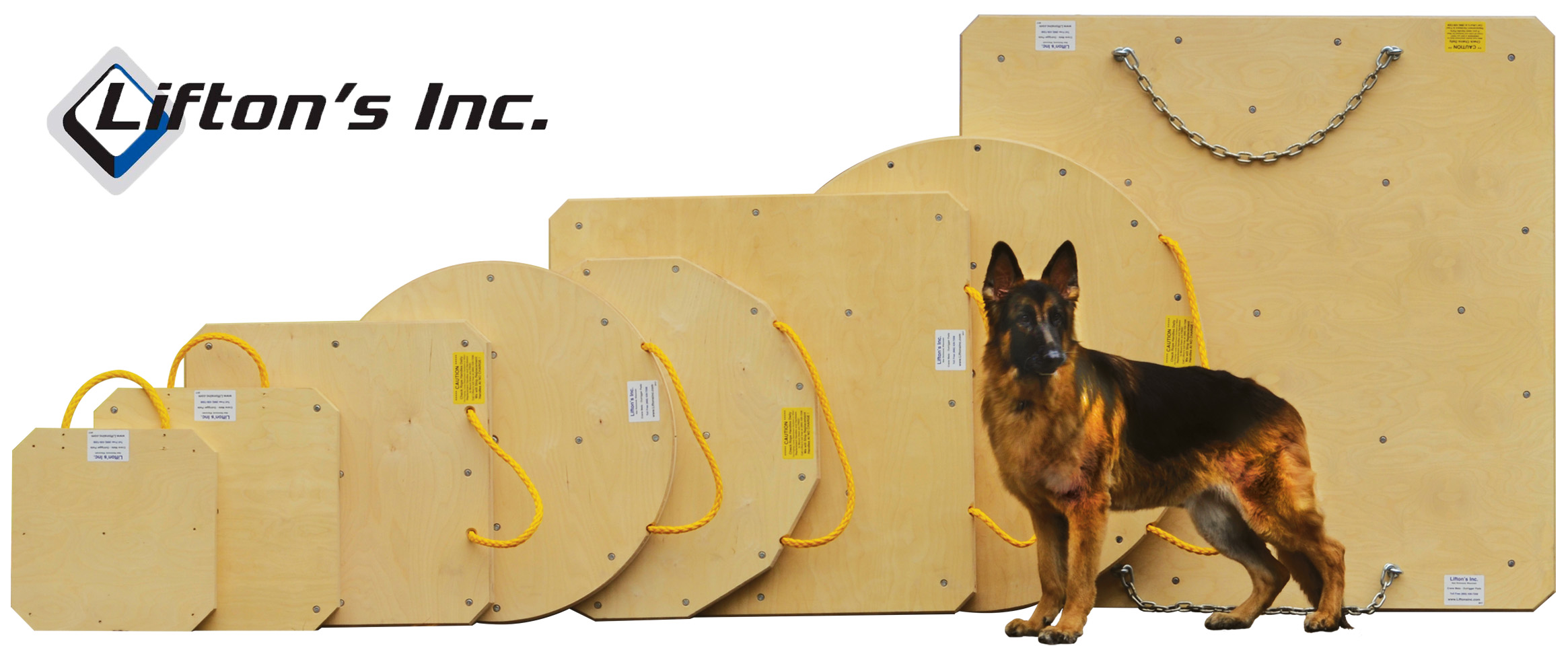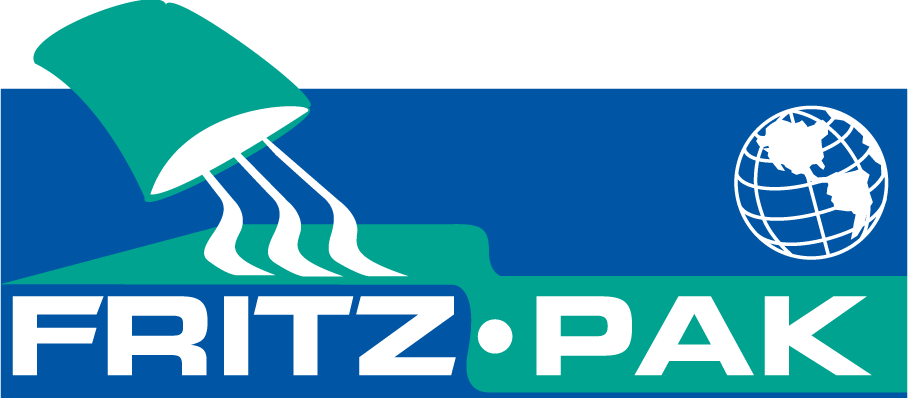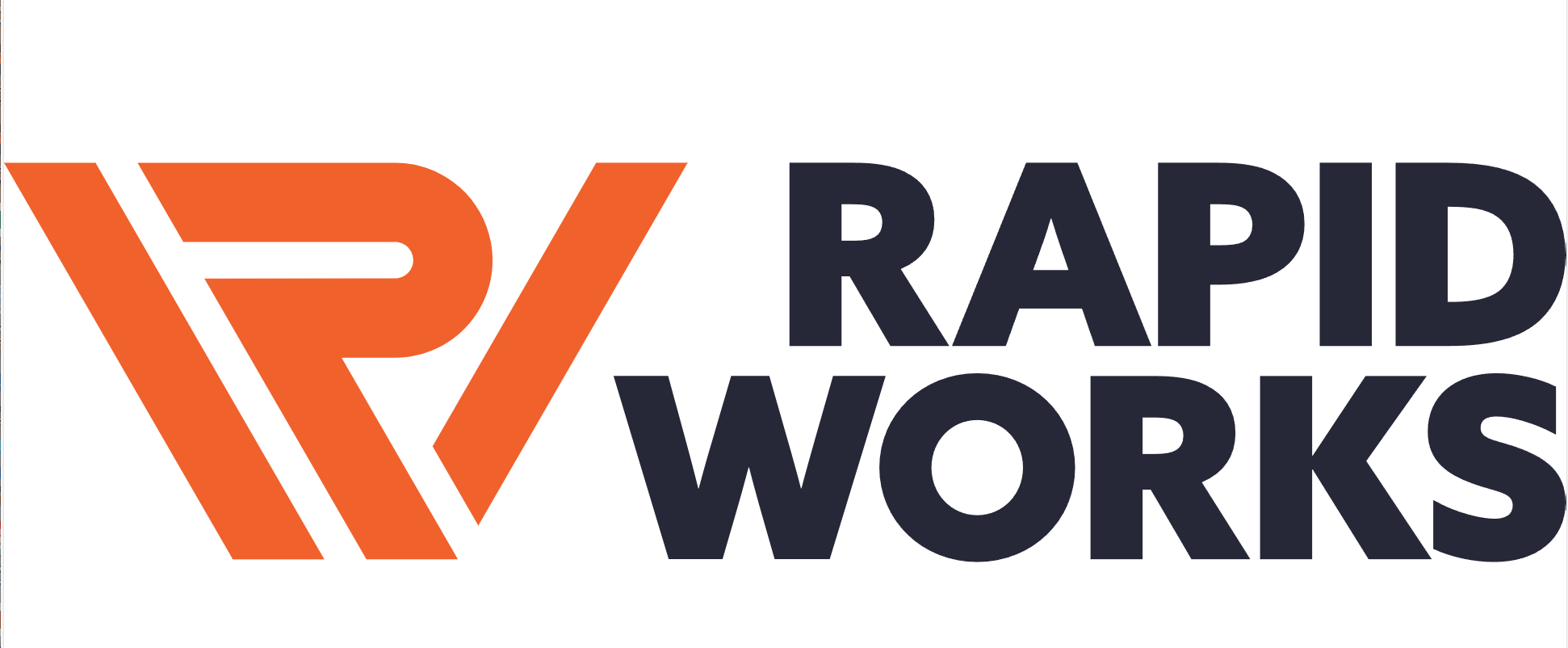| Todd | 07-18-2008 | comment profile send pm notify |
|
From: Environmental News Service (ENS), Thu, 8 Nov 2007 13:32:07 -0800 LOS ANGELES, California -- Older polluting diesel trucks will be banned from operating in the ports of Los Angeles and Long Beach, beginning next year, harbor commissioners have decided. Long Beach Harbor Commissioners on Monday voted to ban the oldest, dirtiest trucks from operating at the Port of Long Beach, through approval of a port tariff that will gradually limit access to all but the cleanest vehicles. Los Angeles Harbor Commissioners approved a parallel measure on Thursday. Now the proposal, called a tariff, will require mayoral and city council approval by adoption as a city ordinance. "This proposed tariff moves our air quality goals forward next year with a progressive truck ban schedule that is not only consistent with the anticipated requirements proposed by the California Air Resources Board, but actually achieves even more emissions reductions in an accelerated timeframe," said Geraldine Knatz, Ph.D., executive director of the Port of Los Angeles. "While we are still working on the broader Clean Trucks Program components, this tariff shows our commitment to advancing the air quality goals we set forth in the Clean Air Action Plan approved by both port boards last November," Knatz said. The phaseout would unfold in four stages: 1. Ban pre-1989 trucks from Port service by October 1, 2008 2. Ban 1989-1993 trucks from Port service by January 1, 2010 3. Ban unretrofitted 1994-2003 trucks from Port service by January 1, 2010 4. Ban unretrofitted 2004-2006 trucks from Port service by January 1, 2012 Once fully in place the program will cut air pollution from short-haul trucks working in the harbor by nearly 80 percent within five years. "With this clean truck program, the Port of Long Beach has taken a major step forward for clean air," said Long Beach Harbor Commission President Mario Cordero. "The Commission's action will allow the Port of Long Beach to achieve steady progress in the effort to reduce air pollution. It's a sensible plan that will help to aggressively clean the air while continuing the efficient movement of goods in and out of the Port," said Richard Steinke, executive director of the Port of Long Beach. Under this tariff, trucks will only be granted access to Port terminals if they are registered with the Ports and have a Radio Frequency Identification Device (RFID) tag that will provide information about each truck to the ports of Los Angeles and Long Beach. Port marine terminal operators will be required to equip their terminals with RFID tag readers to manage access of drayage trucks and ensure that they are compliant with the emissions standards that the ports are establishing through the progressive ban schedule. Celebrating its Centennial in 2007, the Port of Los Angeles is the largest seaport in the nation in terms of shipping container volume and cargo value. The Port generates 919,000 regional jobs and $39.1 billion in annual wages and tax revenues. A proprietary department of the City of Los Angeles, the Port is self-supporting and does not receive taxpayer dollars. |
||










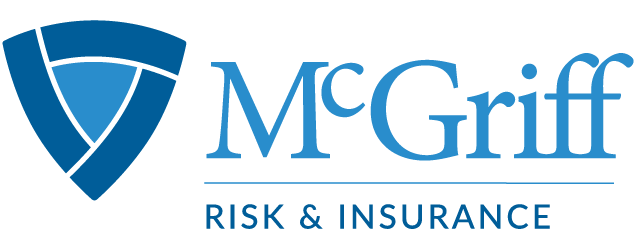


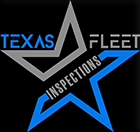


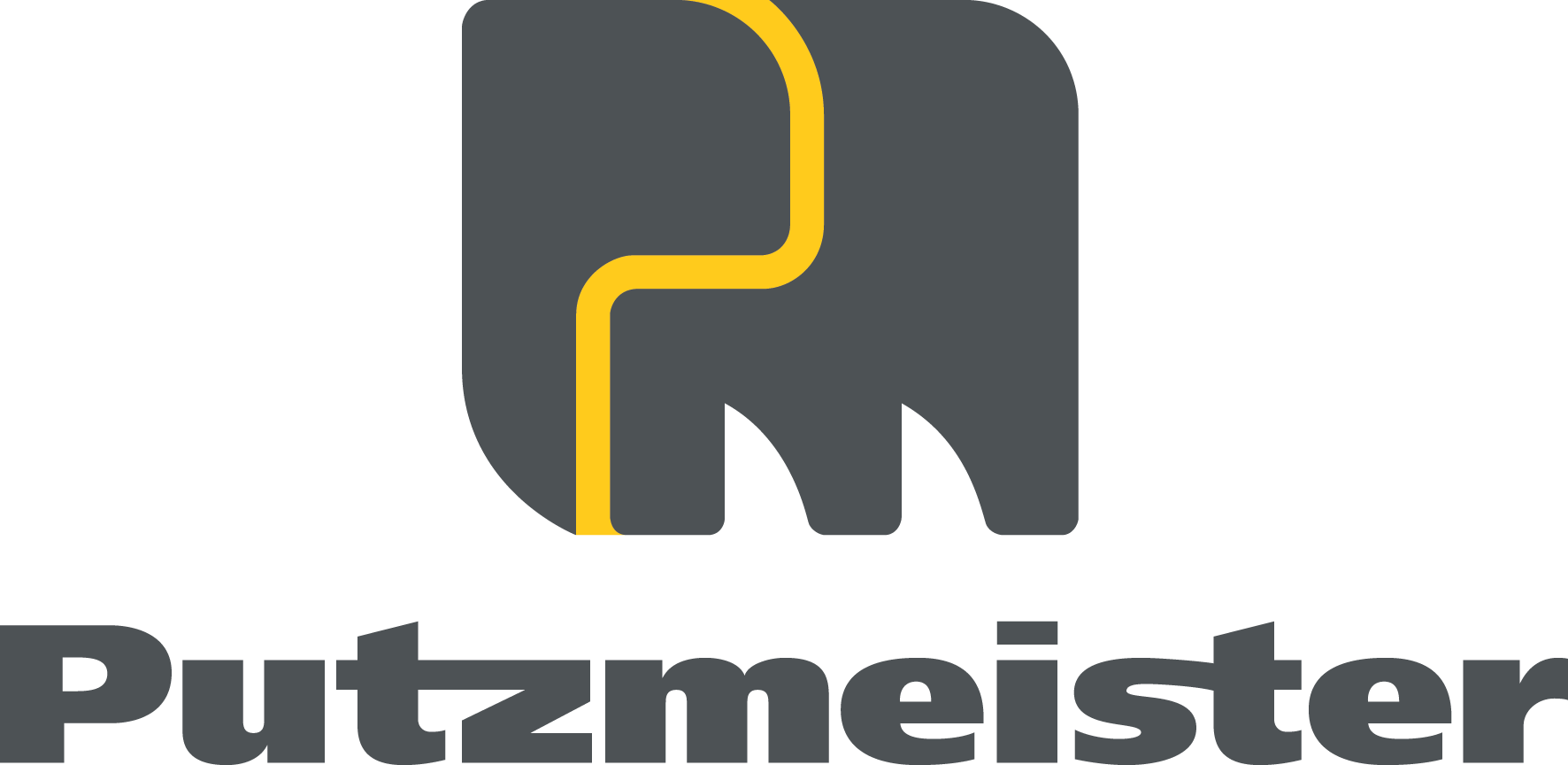



.jpg)
.gif)

.jpg)









.jpg)
